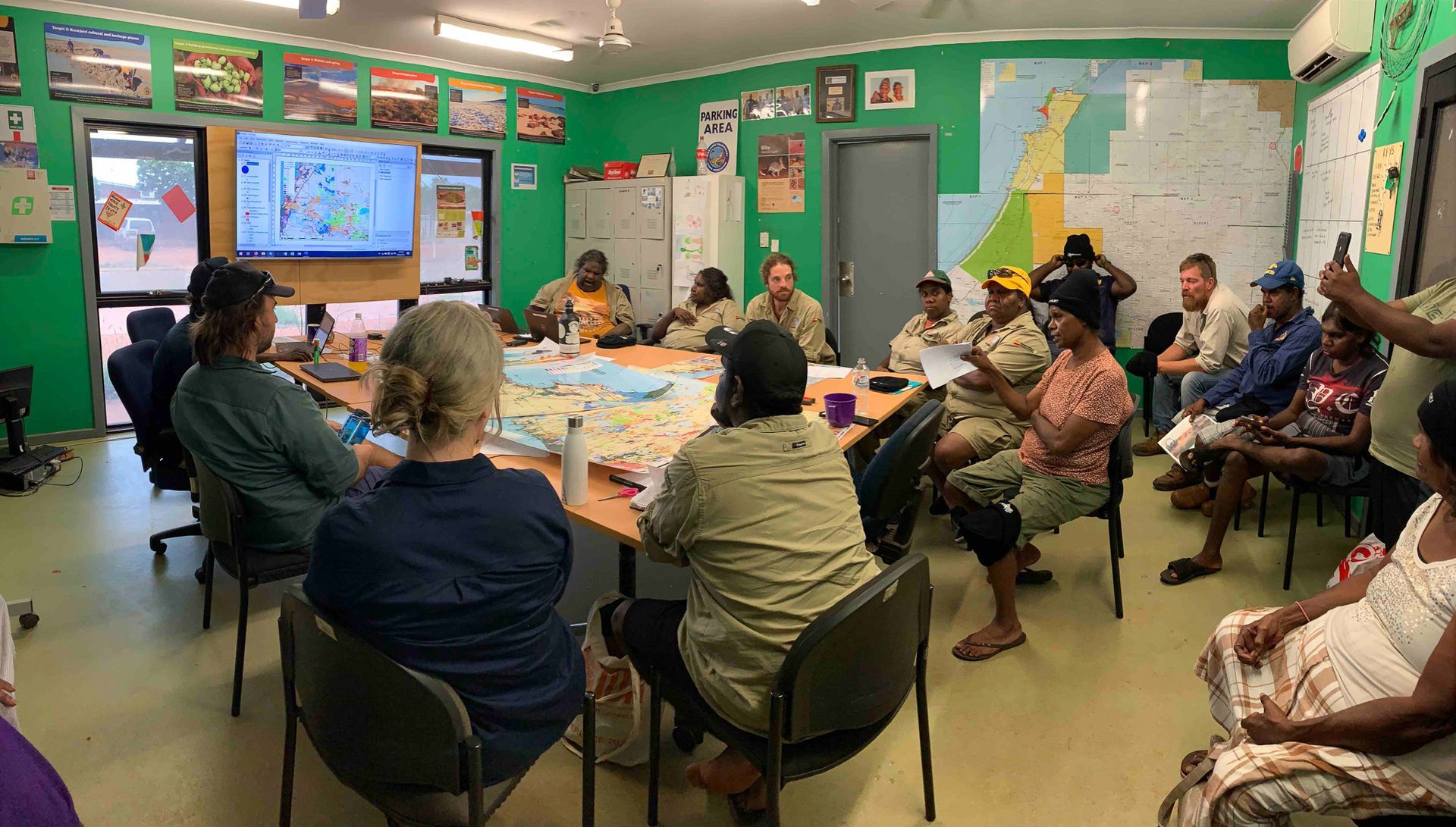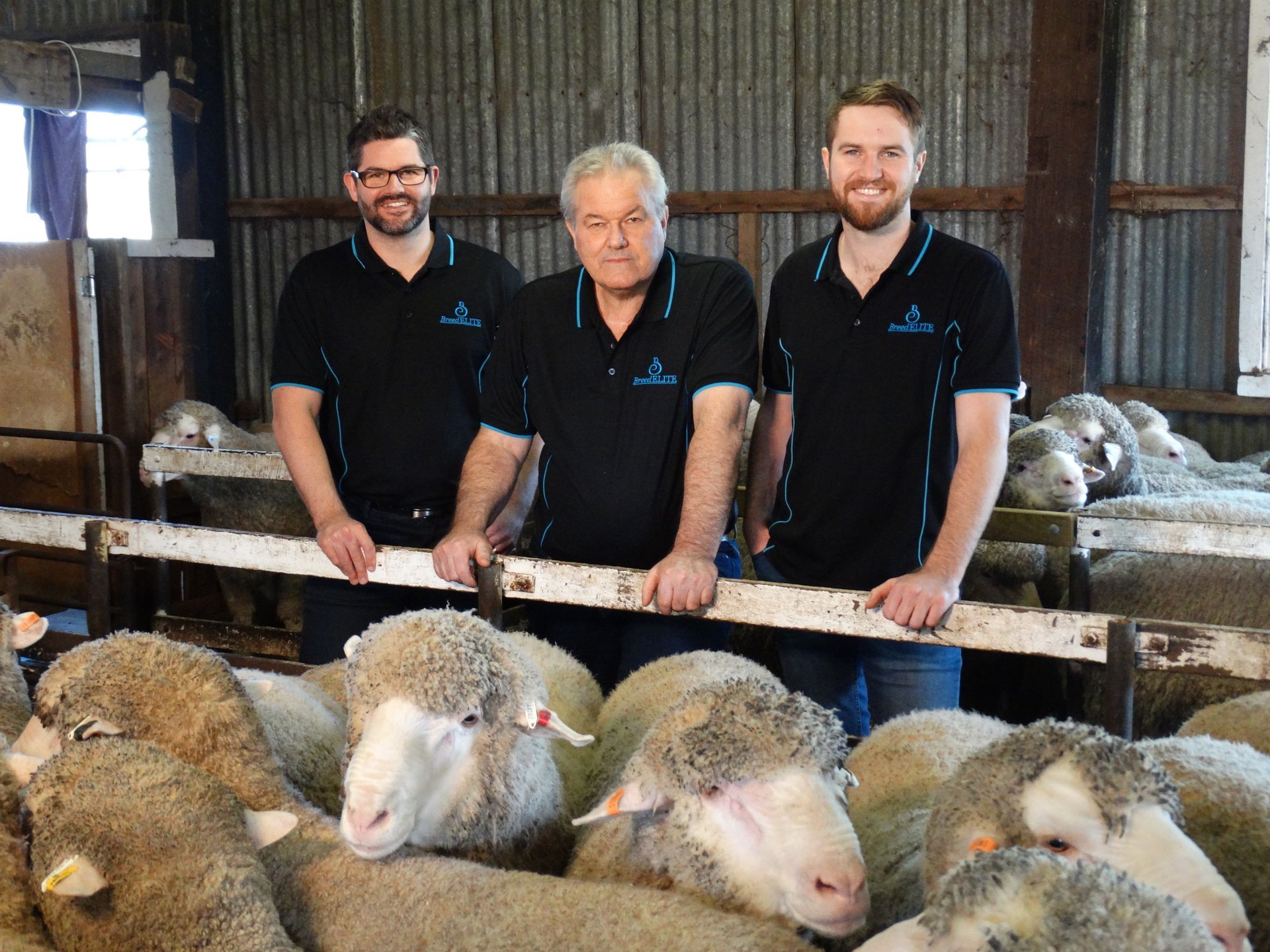Johnson: Coding education essential for kids
Paul Brecia
Andrew Johnson, CEO, Australian Computer Society, discusses innovation, IoT, and what Australia needs to do to propel its digital future forward.

With more industries relying on digital infrastructure, should kids have more education around computers and coding as a national standard? Why?
We’re entering the era of Industry 4.0, where emerging technology fields such as data science, data analysis, machine learning, artificial intelligence, the Internet of Things and edge computing, user experience, user design and cyber security, not to mention software engineers for areas like blockchain.
So education around computers, and an understanding of computer code, is essential for our kids in order for them to get 21st Century jobs. While programming is great and fulfilling in bringing something to life, this doesn’t mean that students will be only programmers. It is about understanding computational thinking, problem solving and logic, how to build systems that automate and create best of breed digital experiences for a customer base. These are skills that will attract the higher paying jobs of the digital economy, and be the basis for sprouting new companies from Australia’s entrepreneurs.
It’s also critical for Australia’s economic competitiveness for our workforce to have these skills.
How well equipped is Australian legislation for the wave of IoT devices set to come online over the next 10 years? Where are tweaks needed?
There’s a long way to go however there are some areas where Australian governments have moved quickly with legislation like the Consumer Data Right and a lot of work being done around privacy and data sharing. The spread of smart devices is going to present a range of challenges for legislators and the law, but this isn’t just an Australian problem, it’s a global issue.
Legislation will always lag given the veracity of technological developments, so it is important that legislation implements a risk-based principles approach so that it doesn’t date quickly.
How can automating regulatory requirements for different sectors (i.e. finance) boost productivity, unlock new digital industries, and create jobs?
Automated regulatory requirements, also called ‘rules as code’ is going to become common in the near future. The fintech sector is one sector pushing hard for this where having regulations and legislation in a computer code form will help simplify compliance, improve customer service and open markets to new startups.
What is needed in Australia to help businesses scale up successfully? What is needed culturally and in policy to create the next Atlassian or Wisetech Global?
There are a range of areas, probably most important at this stage is clarity and certainty around programs like the R&D concessions and EMDG grants. If investors and business owners have confidence around these schemes, they can make plans and grow faster.
We also need the private sector to step up, particularly with investment where a funding ‘valley of death’ exists for fasting growing companies exists when they pass a certain point. That’s why ACS has proposed a scheme were superannuation managers allocate a proportion of their funds to high-growth scale-up businesses.
What impact will 5G networks have on the productivity of businesses that are web-hosted or deal with a high volume of data (i.e. game design) in Australia?
Mobility is already critical to modern business and 5G promises to revolutionise that further. Just as 3 and 4G networks changed how business and home users connect, we can expect 5G to deliver even greater benefits.
How important is access to a global talent pool to grow the innovation potential of Australian companies?
Global talent is essential for not only high-growth Australian companies, but the entire economy. No country has all the skills they need for their technology sectors and Australia is no different. There will always be a need to be open to importing people who have the scarce skillsets needed by local industries to stay globally competitive.

In 2016 I published a blog article titled Moonshots for Australia: 7 For Now. It’s one of many I have posted on business and innovation in Australia. In that book, I highlighted a number of Industries of the Future among a number of proposed Moonshots. I self-published a book, Innovation in Australia – Creating prosperity for future generations, in 2019, with a follow-up COVID edition in 2020. There is no doubt COVID is causing massive disruption. Prior to COVID, there was little conversation about National Sovereignty or supply chains. Even now, these topics are fading, and we remain preoccupied with productivity and jobs! My motivation for this writing has been the absence of a coherent narrative for Australia’s business future. Over the past six years, little has changed. The Australian ‘psyche’ regarding our political and business systems is programmed to avoid taking a long-term perspective. The short-term nature of Government (3 to 4-year terms), the short-term horizon of the business system (driven by shareholder value), the media culture (infotainment and ‘gotcha’ games), the general Australian population’s cynical perspective and a preoccupation with a lifestyle all create a malaise of strategic thinking and conversation. Ultimately, it leads to a leadership vacuum at all levels. In recent years we have seen the leadership of some of our significant institutions failing to live up to the most basic standards, with Royal Commissions, Inquiries and investigations consuming excessive time and resources. · Catholic Church and other religious bodies · Trade Unions · Banks (and businesses generally, take casinos, for example) · the Australian Defence Force · the Australian cricket teams · our elected representatives and the staff of Parliament House As they say, “A fish rots from the head!” At best, the leadership behaviour in those institutions could be described as unethical and, at worst….just bankrupt! In the last decade, politicians have led us through a game of “leadership by musical chairs” – although, for now, it has stabilised. However, there is still an absence of a coherent narrative about business and wealth creation. It is a challenge. One attempt to provide such a narrative has been the Intergenerational Reports produced by our federal Government every few years since 2002. The shortcomings of the latest Intergenerational Report Each Intergenerational Report examines the long-term sustainability of current government policies and how demographic, technological, and other structural trends may affect the economy and the budget over the next 40 years. The fifth and most recent Intergenerational Report released in 2021 (preceded by Reports in 2002, 2007, 2010 and 2015) provides a narrative about Australia’s future – in essence, it is an extension of the status quo. The Report also highlights three key insights: 1. First, our population is growing slower and ageing faster than expected. 2. The Australian economy will continue to grow, but slower than previously thought. 3. While Australia’s debt is sustainable and low by international standards, the ageing of our population will pressure revenue and expenditure. However, its release came and went with a whimper. The recent Summit on (what was it, Jobs and Skills and productivity?) also seems to have made the difference of a ‘snowflake’ in hell in terms of identifying our long-term challenges and growth industries. Let’s look back to see how we got here and what we can learn. Australia over the last 40 years During Australia’s last period of significant economic reform (the late 1980s and early 1990s), there was a positive attempt at building an inclusive national narrative between Government and business. Multiple documents were published, including: · Australia Reconstructed (1987) – ACTU · Enterprise Bargaining a Better Way of Working (1989) – Business Council of Australia · Innovation in Australia (1991) – Boston Consulting Group · Australia 2010: Creating the Future Australia (1993) – Business Council of Australia · and others. There were workshops, consultations with industry leaders, and conferences across industries to pursue a national microeconomic reform agenda. Remember these concepts? · global competitiveness · benchmarking · best practice · award restructuring and enterprising bargaining · training, management education and multiskilling. This agenda was at the heart of the business conversation. During that time, the Government encouraged high levels of engagement with stakeholders. As a result, I worked with a small group of training professionals to contribute to the debate. Our contribution included events and publications over several years, including What Dawkins, Kelty and Howard All Agree On – Human Resources Strategies for Our Nation (published by the Australian Institute of Training and Development). Unfortunately, these long-term strategic discussions are nowhere near as prevalent among Government and industry today. The 1980s and 1990s were a time of radical change in Australia. It included: · floating the $A · deregulation · award restructuring · lowering/abolishing tariffs · Corporatisation and Commercialisation Ross Garnaut posits that the reforms enabled Australia to lead the developed world in productivity growth – given that it had spent most of the 20th century at the bottom of the developed country league table. However, in his work, The Great Reset, Garnaut says that over the next 20 years, our growth was attributable to the China mining boom, and from there, we settled into “The DOG days” – Australia moved to the back of a slow-moving pack! One unintended consequence of opening our economy to the world is the emasculation of the Australian manufacturing base. The manic pursuit of increased efficiency, lower costs, and shareholder value meant much of the labour-intensive work was outsourced. Manufacturing is now less than 6% of our GDP , less than half of what it was 30 years ago!









